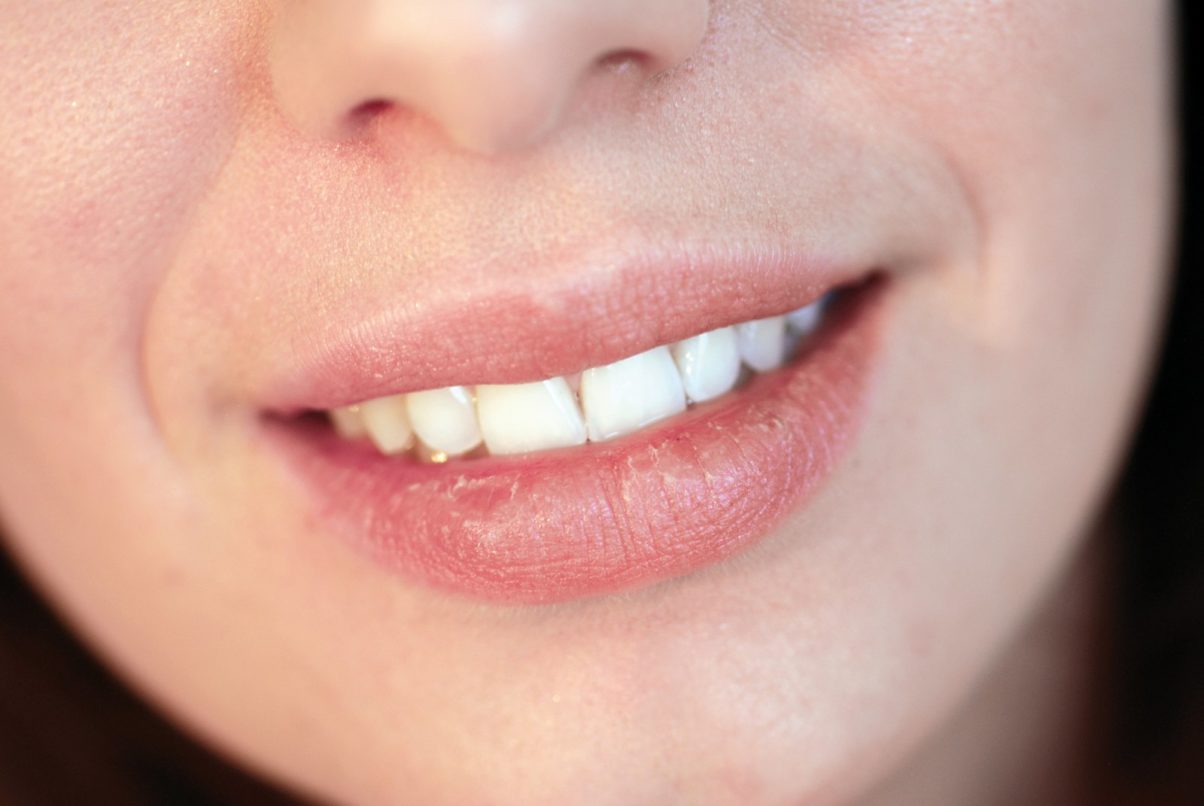Also known as xerostomia, dry mouth refers to a condition where the body’s salivary glands fail to produce enough saliva to thoroughly moisten the mouth. The condition can have a number of different causes, including natural aging and certain medications. In rare instances, dry mouth can occur due to specific problems with the salivary glands.
Why Dry Mouth Matters
Saliva doesn’t just help us soften and swallow food; it helps prevent tooth decay by washing away food particles, limiting bacterial growth and neutralizing destructive acids produced by bacteria. Saliva can also enhance your ability to taste certain foods and improve digestion while making it easier for you to chew and swallow.
When our mouths don’t produce enough saliva, it can negatively affect your enjoyment of foods. Inadequate saliva can also have a big impact on the health of your teeth and gums.
Symptoms of Dry Mouth
According to the American Dental Association, dry mouth tends to cause one or more of the following symptoms:
- Dryness or stickiness in the mouth
- Stringy or thick saliva
- Foul smelling breath
- Trouble speaking, chewing and swallowing
- Hoarseness or sore throat
- Difficulty wearing dentures
- Grooved or dry tongue
- Changes in taste
- Lipstick adhering to teeth
Dry Mouth Causes
Dry mouth can have a number of diverse causes, including:
- Certain medications: A large number of prescription and over-the-counter medications can cause dry mouth. The most common culprits include drugs used to treat anxiety, high blood pressure and depression. Pain medications, muscle relaxants, decongestants and some antihistamines can also cause dry mouth.
- Snoring: When people breathe through their mouths while sleeping, they tend to experience dry mouth.
- Natural aging: Many people begin to experience dry mouth as they age. This can be the result of changes in the way the body processes medications, along with inadequate nutrition or certain types of long-term health problems.
- Cancer treatments: Chemotherapy medications can change the nature of saliva and reduce the amount produced. This is usually temporary, with normal salivary function returning after treatment is finished. Radiation treatments to the neck and head can also damage salivary glands, causing a significant decrease in saliva production. This can be permanent or temporary, depending on the radiation dosage and the area treated.
- Nerve damage. Surgery or injuries can sometimes cause nerve damage which leads to dry mouth.
- Alcohol and drugs: Cigarettes, chewing tobacco, alcohol and many types of illegal drugs can all diminish saliva production.
- Health issues: Dry mouth can occur in response to a variety of health problems, including yeast infections, diabetes, Alzheimer’s disease, stroke and autoimmune diseases.
Potential Complications with Dry Mouth
In time, dry mouth can cause a range of problems, including mouth sores, oral yeast infections, nutritional deficiencies, increased plaque, tooth decay and gum disease. If you notice signs of dry mouth, make an appointment with your dentist, so you can get an effective treatment before you suffer any long-term oral health problems.



 Previous Article
Previous Article